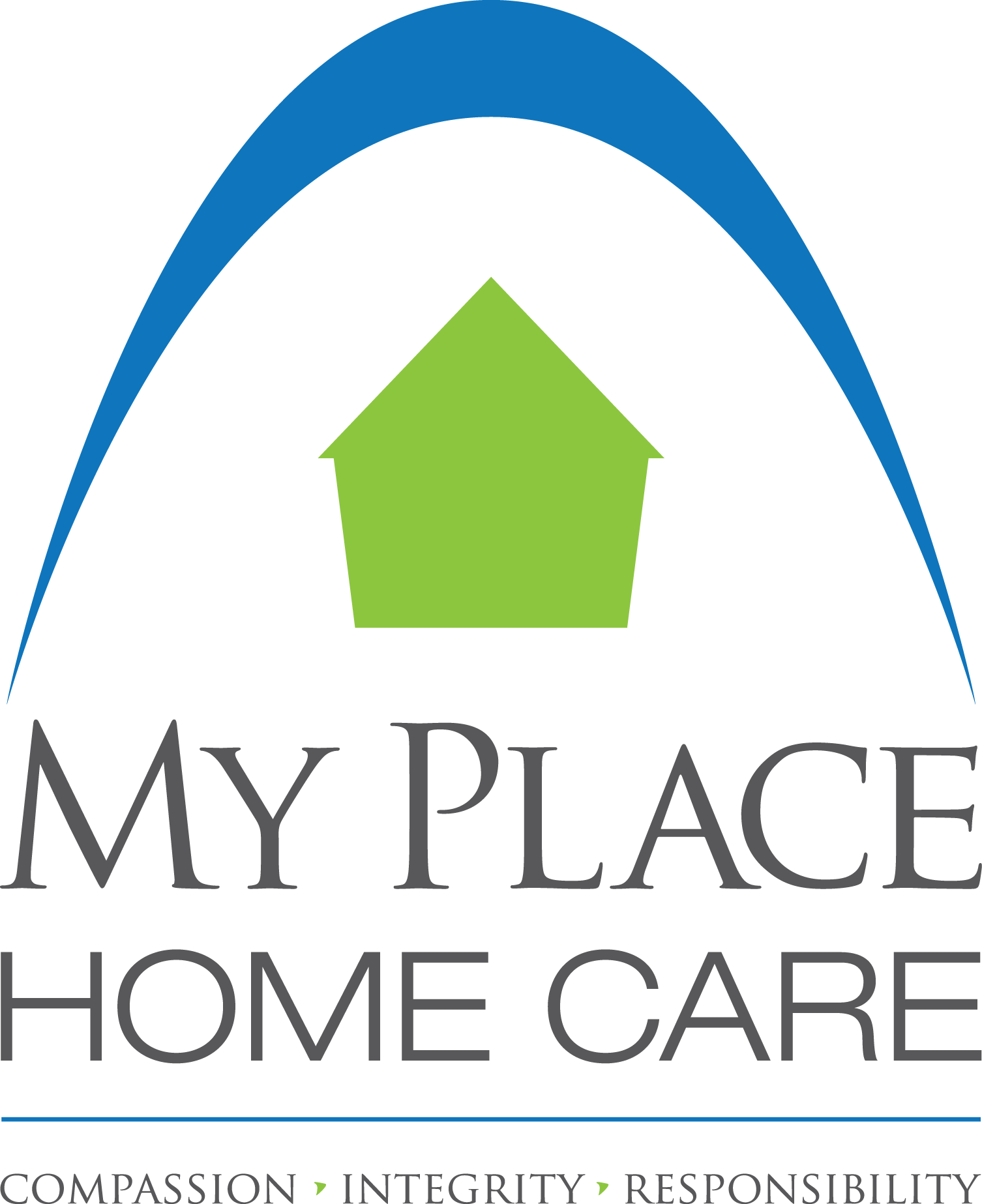How to Choose the Right In-Home Care Services for Aging Parents in Ottawa
As our parents age, ensuring their comfort, safety, and well-being becomes a priority. Many families turn to in-home care services as a way to provide professional assistance while allowing their loved ones to stay in a familiar environment. If you are searching for in-home care in Ottawa, this guide will help you understand the different types of services available and how to choose the right provider for your aging parents. Understanding...
Navigating Convalescing Services in Ottawa: A Guide for Families Caring for Aging Parents
As your aging parents grow older, they may need additional care and support to recover from illnesses, injuries, or surgeries. Convalescing services play a crucial role in providing that support, ensuring a smooth and comfortable recovery process. If you are a middle-aged adult caring for your elderly parents, it’s important to understand what convalescing services are and how they can benefit your family. In Ottawa, many families turn to professional convalescing...
Compassionate End-of-Life Care in Ottawa: How My Place Home Care Supports Families
End-of-life care is a deeply personal and emotional experience for both the individual and their family members. As a middle-aged adult seeking care for aging parents, it’s important to find compassionate and reliable support during this challenging time. In Ottawa, there are specialized services designed to provide comfort, dignity, and support to both the individual and their loved ones as they navigate the final stages of life. In this blog, we’ll...
Understanding Dementia Care: Essential Tips for Families in Ottawa
Caring for a loved one with dementia can be an emotional and challenging experience. If you’re a middle-aged adult seeking dementia care services for your aging parents in Ottawa, it’s crucial to understand what dementia care entails. Whether your parent has recently been diagnosed or you’ve been managing their care for some time, knowing the right steps to take can improve their quality of life and reduce your stress as...
Top Respite Care Services in Ottawa: Helping You Balance Family and Caregiving
Caring for an elderly parent can be both rewarding and overwhelming. As the primary caregiver, you’re responsible for your loved one’s health, safety, and overall well-being. However, the constant demands of caregiving can leave you feeling burnt out, stressed, and exhausted. That’s where respite care services in Ottawa come in. These services offer you the break you need to recharge, ensuring that both you and your loved one receive the...





